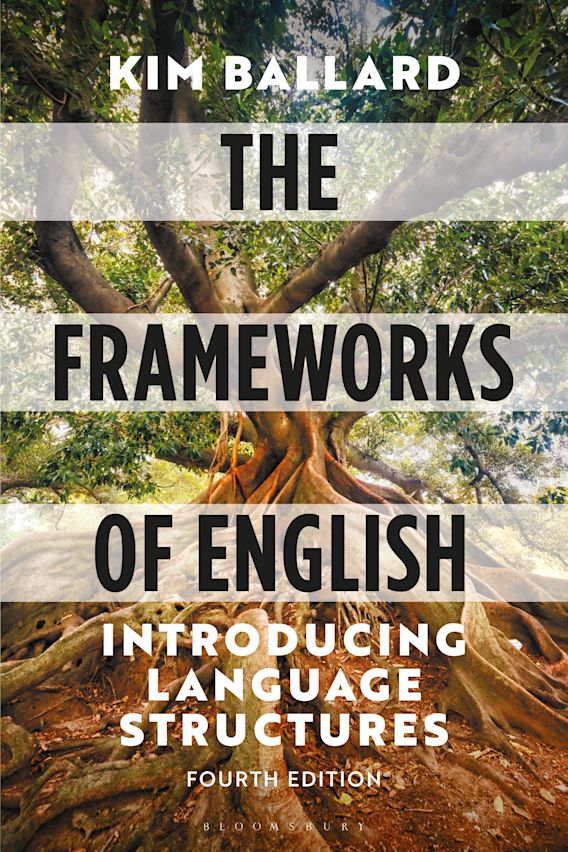



johndoe@gmail.com
Are you sure you want to reset the form?
Your mail has been sent successfully
Are you sure you want to remove the alert?
Your session is about to expire! You will be signed out in
Do you wish to stay signed in?
This exercise relates to an extract of historical English from Section 13.3, and includes questions on a range of linguistic features, with the final question for each extract inviting you to explore the text on a discourse level.
This extract is taken from Mary Shelley’s preface to the 1831 edition of her novel Frankenstein. In it, she explains how the idea for the novel sprang from an agreement with some fellow writers that they would ‘each write a ghost story’.
I busied myself to think of a story, – a story to rival those which had excited us to this task. One which would speak to the mysterious fears of our nature, and awaken thrilling horror – one to make the reader dread to look round, to curdle the blood, and quicken the beatings of the heart. If I did not accomplish these things, my ghost story would be unworthy of its name. I thought and pondered – vainly. I felt that blank incapability of invention which is the greatest misery of authorship, when dull Nothing replies to our anxious invocations. Have you thought of a story? I was asked each morning, and each morning I was forced to reply with a mortifying negative.
Question 1
Like the 1666 extract from The London Gazette (Exercise 13.4), this piece also contains a lot of vocabulary derived from Latin. Again, identify at least ten lexical words as evidence of this and list them in their citation form.
Answer
rival, excite, mysterious, nature, horror, ponder, vain(ly), incapability invention, misery, author(ship), anxious, invocation, mortify(ing), negative
Question 2
In what ways are the meanings of excited and quicken slightly different from their primary uses in Present-Day English?
Answer/discussion
Excited is used here as a verb meaning ‘to set in motion’ or ‘awaken’ rather than the PDE meaning of ‘stir up strong emotion’. The primary PDE meaning of quicken is ‘to accelerate’ but here it also suggests making the beatings of the heart more vigorous. Historically, quicken was also used to mean ‘bring to life’. The overtones of this concept in both excited and quicken are in contrast to Shelley’s mortifying negative, mortifying being derived from the Latin mortuus, meaning ‘dead’. These meanings are particularly appropriate with reference to Frankenstein, a tale about bringing the dead back to life.
Question 3
How does Shelley’s choice of pronouns relate to the way she represents herself in this passage?
Answer/discussion
The preface is written from Shelley’s point of view and she makes frequent use of the first person singular pronoun, particularly when admitting to the readers her difficulties in thinking of a story to tell. She also positions herself as the recipient of a direct question – Have you thought of a story? – giving a sense of interaction with her fellow writers towards whom she has the obligation of answering this uncomfortable inquiry. She previously identified herself with this group when she mentioned the other ghost stories that had excited us to this task, and she shows solidarity with authors in general by referring to our anxious invocations. When she talks about the mysterious fears of our nature in the second sentence, however, she seems to be identifying with her readers by talking about human beings in general.

.